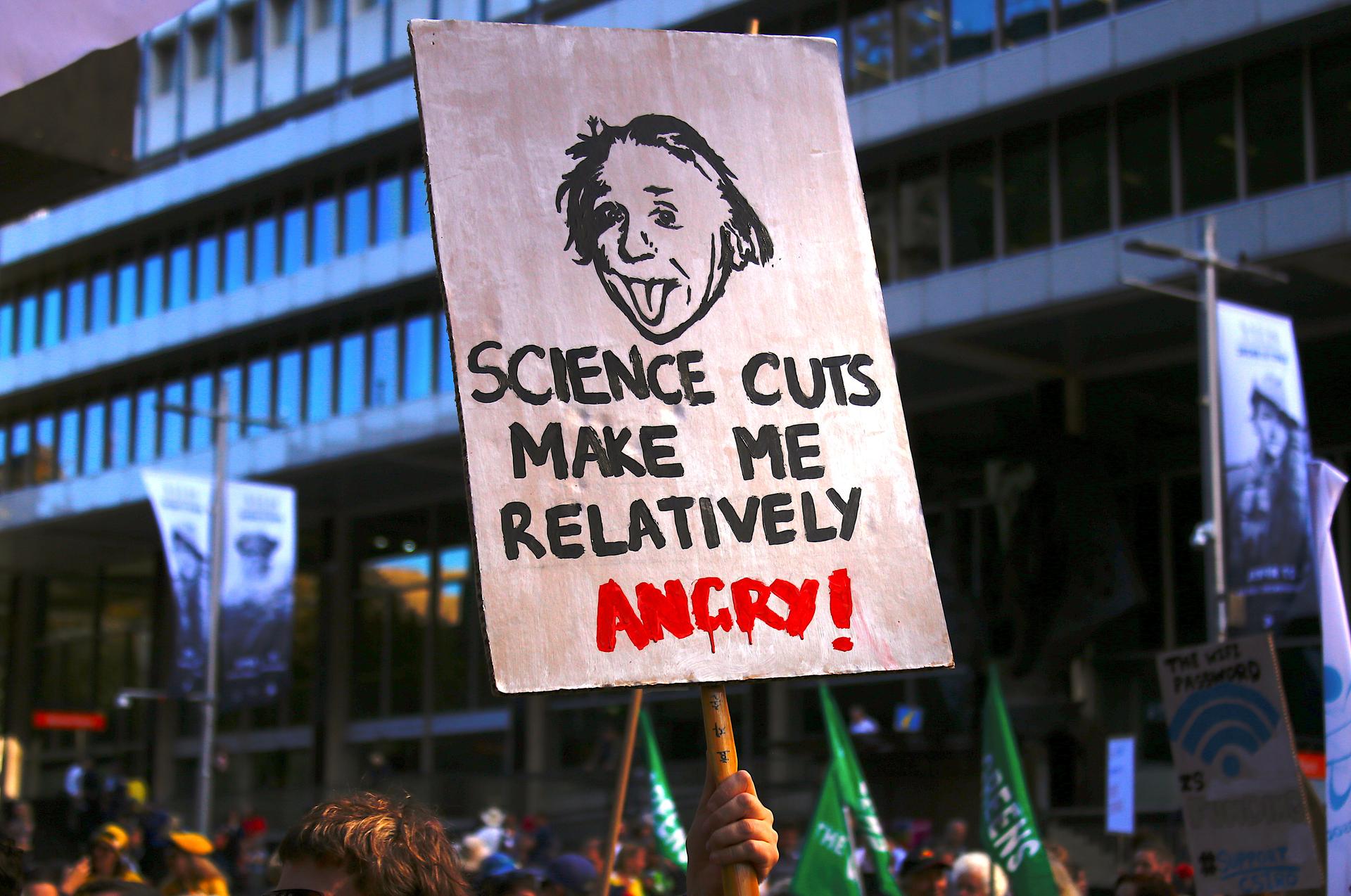Science’s ‘come to Jesus’ moment
Protesters hold placards and banners as they participate in the March for Science rally on Earth Day, in central Sydney, Australia April 22, 2017.
Science is under attack. That seems to be what scientists agree on.
But people who organized the March for Science in DC didn’t come out and blame President Donald Trump for the situation — even though it’s his budget that would cut funding for environmental programs across the country.
That decision to be nonpartisan caused something of a come to Jesus moment for scientists. In the Trump era, issues of diversity are linked to politics seemingly in new ways. The march led to a series of questions individual scientists had to answer for themselves. Among them: Should scientists be partisan? What does being partisan mean? And how does being or not being partisan relate to standing or not standing with marginalized people?
This episode has the perspectives of three scientists who are kids of immigrant. One is an honorary co-chair of the march — Mona Hanna-Attisha, the pediatrician who helped force officials to recognize the water contamination in Fint. Another is a member of the march's diversity committee, oceanographer Ayana Elizabeth Johnson. And finally, a scientists who chose not to march, cosmologist Chanda Prescod-Weinstein.
Every day, reporters and producers at The World are hard at work bringing you human-centered news from across the globe. But we can’t do it without you. We need your support to ensure we can continue this work for another year.
Make a gift today, and you’ll help us unlock a matching gift of $67,000!
